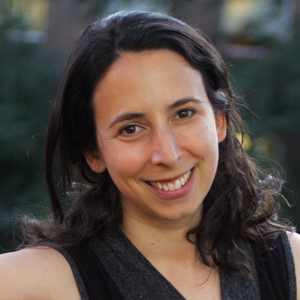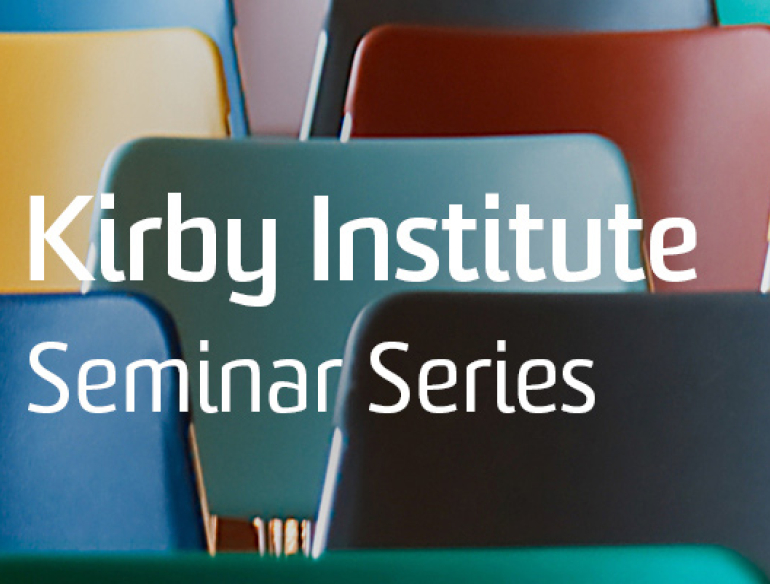Location:
Berg Family Foundation Seminar Room, Level 6, Wallace Wurth Building, Kensington Campus, UNSW Sydney
Contact for enquiries
Rata Joseph, +61 (2) 9385 0900 or recpt@kirby.unsw.edu.au
Kirby Institute Seminar Series presents
 |
Associate Professor Donna Green Climate Change Research Centre, UNSW Sydney |
About your speaker
Donna Green is a founding member of the Climate Change Research Centre, UNSW Sydney, and an Associate Investigator of the ARC Centre of Excellence for Climate Extremes and the NHMRC Centre for Energy, Air Pollution and Health Research. As an interdisciplinary environmental scientist, her current research interests include climate change, air pollution and human health, quantitative environmental justice research, and climate impacts on Indigenous communities. She teaches domestic energy policy and co-authored Screw Light Bulbs: Smarter ways to save Australians time and money.
https://www.donnagreen.org
https://www.climatehealth.info
Abstract
Climate change has already affected your health, and will inevitably directly, and indirectly, affect the health of every living thing. Projected climate change is only expected to exacerbate these impacts. That means we need to be prepared for more death and sickness from heat-related diseases. However, direct impacts, such as a heatwave, are just the most visible impacts. The depth and complexity of the indirect impacts of climate change on our health are only just beginning to be fully appreciated.
Recent research has shown how wide-ranging and severe these indirect impacts can be. We know of an increasing mental health burden from extreme weather events, and we have also seen an increase in domestic violence in hot weather. The distribution of some infectious diseases is also shifting due to a change in the range and habitats of the disease carrying vector. Compounding this already wicked problem, is the the obvious fact that climate change does not exist in isolation. Interacting with air pollution, the combined impact of both is likely to increase the overall health burden, even in cities with relatively good air pollution such as Sydney.
Unfortunately, these health impacts are distributed unequally. Within a population, children, the elderly, and already socially or economically disadvantaged groups are most likely to be affected first and hardest. The geographic distribution of these health impacts is also unequal, with people living nearer the equator / in lower income countries, more likely to experience more extreme weather, and as a consequence, face a larger health burden.
We can reduce the severity of some of these impacts if we work at the national and international level now, and I will end the talk by briefly outlining some co-benefit studies that show how we could be living more healthily, saving lives and money - and reducing our emissions.
